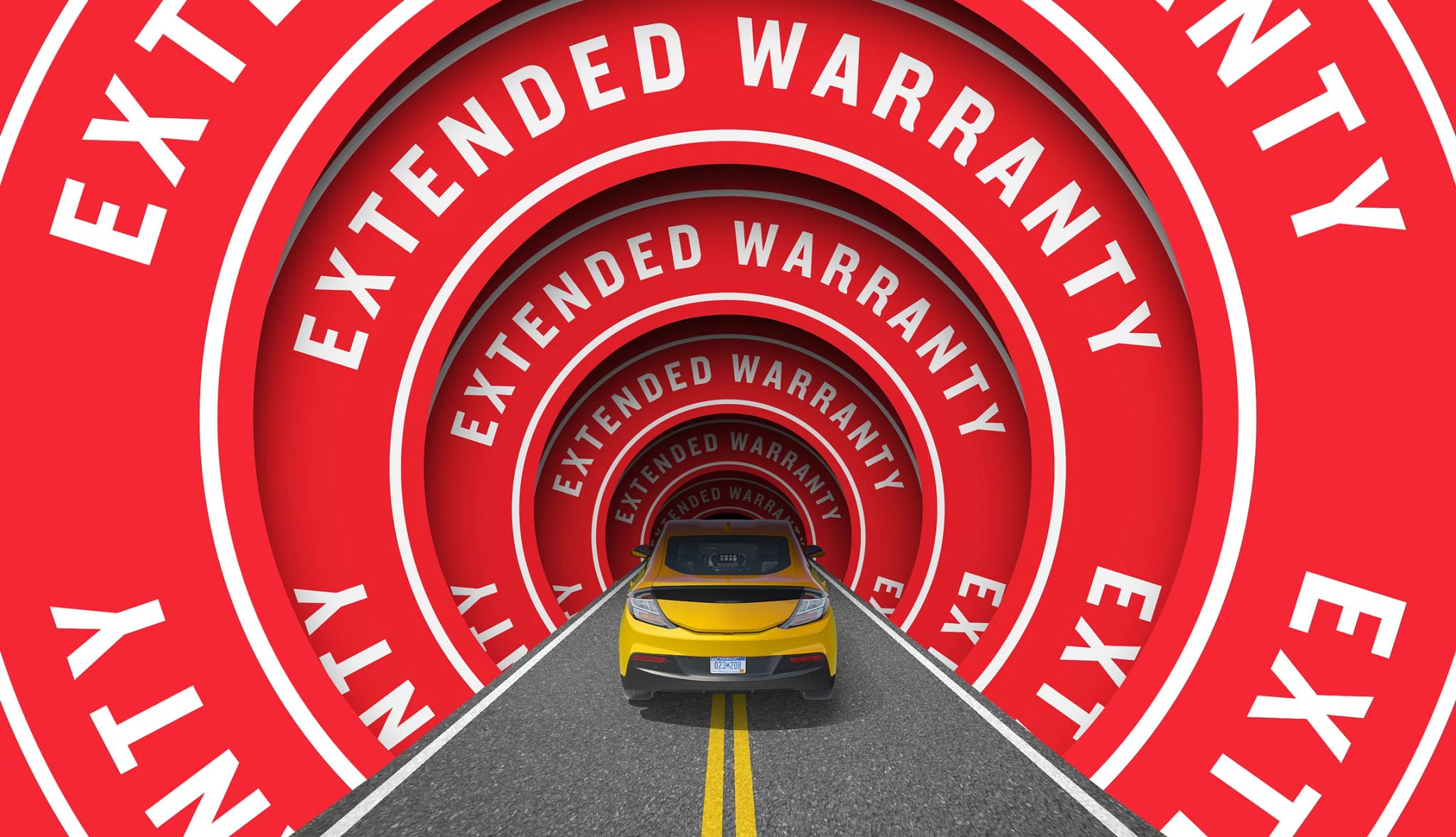AARP Hearing Center


If you own a motor vehicle and live in the United States, you’ve probably received a robocall about extending your warranty. Criminals placed nearly 13 billion such calls in 2021, according to call-blocking service RoboKiller. The number dropped to 7 million by late 2022 — the Federal Communication Commission (FCC) targeted groups that made billions of robocalls and banned them from running telemarking operations — but the problem persists.
You may still “receive calls from scammers posing as representatives of a car dealer, manufacturer or insurer telling you that your auto warranty or insurance is about to expire,” the FCC stated in an updated warning from December 2023.
Auto warranty scammers try to take advantage of vehicle owners’ fears that, someday, they’ll have to pay a lot of money to replace a broken or worn-out part. If you answer one of their calls, you’ll typically hear a recorded voice claiming to represent an automaker or dealer, and warning that the coverage you bought when you bought the vehicle is about to expire.
You’ll be instructed to press a certain key on your phone to extend your coverage. This will likely connect you to a live “salesperson,” who tries to get your payment information to draw up a contract.
The call isn’t really from your vehicle’s manufacturer or the dealership where you purchased it, and the “extended warranty” offered isn’t a warranty at all. It’s a service contract that may cost thousands of dollars, but provide only limited coverage (for example, for only part of the engine) — restrictions frequently buried in the fine print.
The person on the phone will often know details such as the make and model of your vehicle, which can make the pitch sound plausible. Such information is public and can be obtained from state motor vehicle records or purchased from data-collection companies.
Numerous as they are, scam calls aren’t the only way scammers try to convince vehicle owners to pay up or provide personal information. Some will mail fake warranty expiration notices, designed to look as if they were sent by manufacturers or state motor vehicle bureaus, with a toll-free number for auto owners to call.






























































More on Scams and Fraud
How to Protect Yourself From Car Buying Scams
Dealers may overcharge and private sellers could deceive you
What to Do After You’ve Experienced a Scam
Take these key steps to protect your bank accounts and personal information, and find the support you needAARP’s Fraud Fighters See the True Cost of Scams Every Day
Volunteers at the AARP Fraud Watch Network Helpline are devoted to supporting and assisting victims